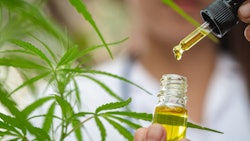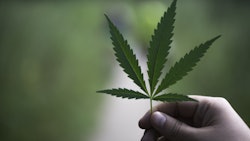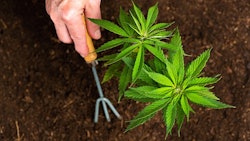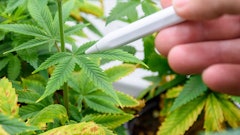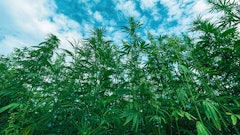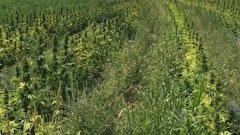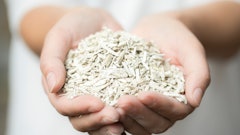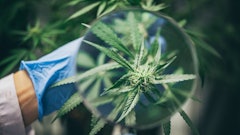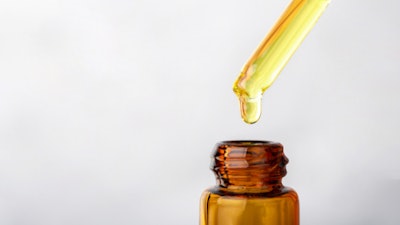
A recent study released by Validcare directly addresses the U.S. Food and Drug Administration's (FDA) safety concerns regarding CBD's effects on the liver, testosterone levels and drowsiness.
The FDA's safety concerns state that CBD in self-dosing individuals could cause liver injury, male reproductive toxicity, or damage males' fertility, and increase the risk of sedation and drowsiness when mixed with alcohol or other drugs that slow brain activity.
The study, completed March 22, 2022, observed the effects of daily consumption of CBD on the liver, testosterone and daytime drowsiness. According to the abstract, the study included 1,061 adults ranging from 18-75 years old from across the U.S.
The adults were divided into two cohorts. Both cohorts followed the same methods and took CBD orally for a minimum of 30 days. The adults "were recruited from 17 individual CBD product companies in this decentralized, observational study and sent their standard CBD regimen from the company of their choice," the abstract states.
The first cohort of the study (cohort 1)—which was peer-reviewed and published in Cannabis and Cannabinoid Medicine last year—involved 839 individuals who took CBD produced by 12 companies. Cohort 2 added 222 individuals who took CBD from an additional five companies.
Cohort 1 used liver function as the primary endpoint. In addition to liver function, cohort 2 focused on testosterone levels and daytime drowsiness. The combined results of each cohort found that CBD "is not associated with an increased prevalence of LFT [liver function tests] elevation, testosterone deficiency, nor daytime drowsiness," according to the study.
The results suggest that CBD may help reduce testosterone deficiency in men, "which may be related to CBD reducing the prevalence of Type 2 diabetes in older individuals," the abstract states.
Daytime drowsiness was measured using the Stanford Sleepiness Scale (SSS), which measures sleepiness on a seven-point scale. The study found that the oral self-administration of CBD for 30 days caused significantly less drowsiness based on the SSS. It also found that it "significantly improves daily SSS in individuals who have difficulty with daytime sleepiness and rarely causes daytime drowsiness in those not having daytime drowsiness," the abstract states.
"The data in this study looks really good; it's highly significant, and the chances of it being wrong are very, very small," Robert Kaufmann, Ph.D., Validcare director of research and former professor of medicine at Southern Illinois University School of Medicine, said in a press release from the U.S. Hemp Roundtable (USHR). "I am very hopeful that this data will allow the FDA to regulate these popular CBD products."
RELATED: Reflecting on 10 Years in the CBD Industry
"This study reaffirms the safety of Charlotte's Web hemp-derived CBD extracts and are proof of the hemp CBD industry working cooperatively to support rigorous scientific research to inform regulators, the FDA, and the U.S. Congress," said Tim Orr, Charlotte's Web senior vice president of innovation. "With 1,061 participants in two cohort studies, [the] industry stepped up and delivered the requested science for hemp CBD, again, by providing evidence outcomes in liver safety, drowsiness, testosterone impact and diabetes prevalence."










